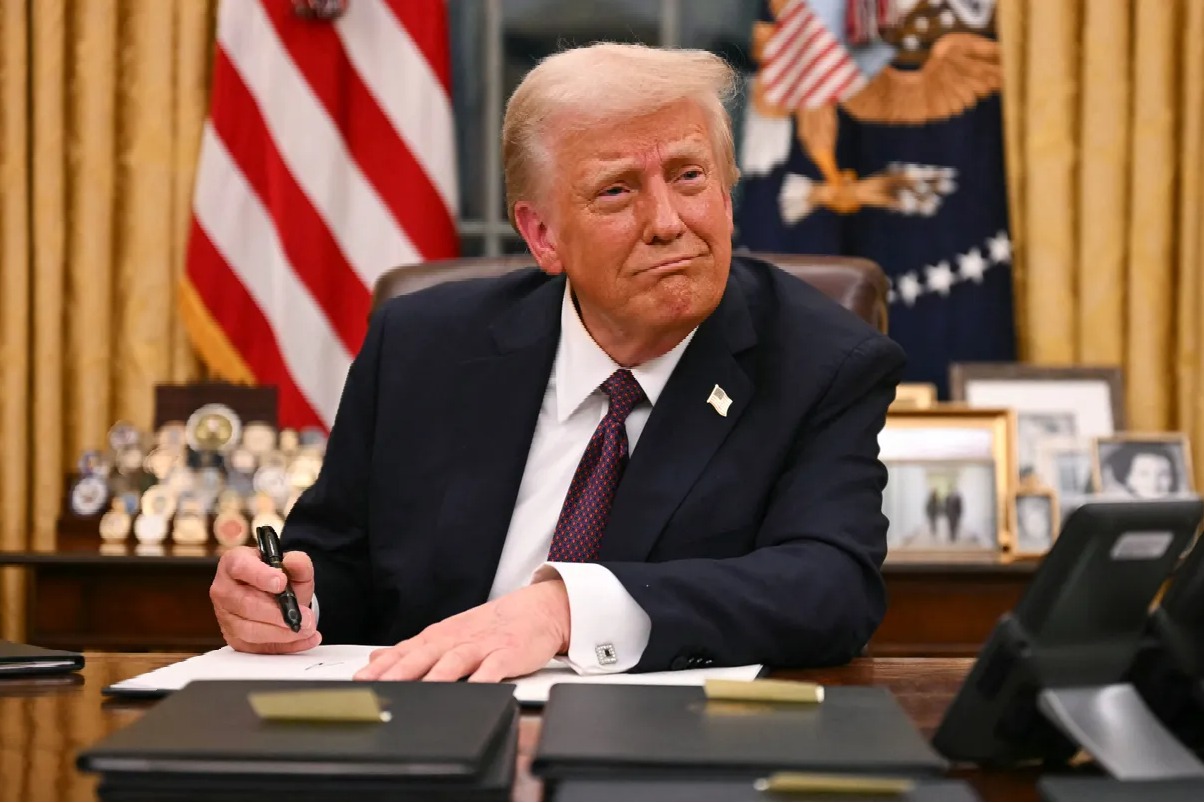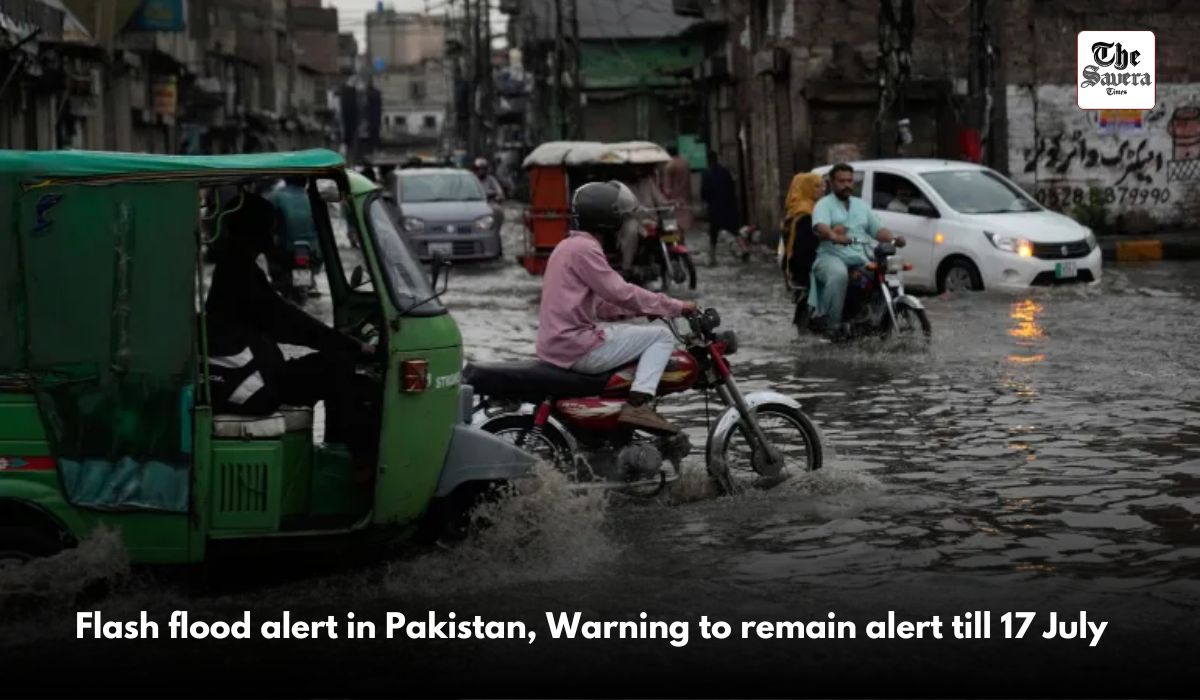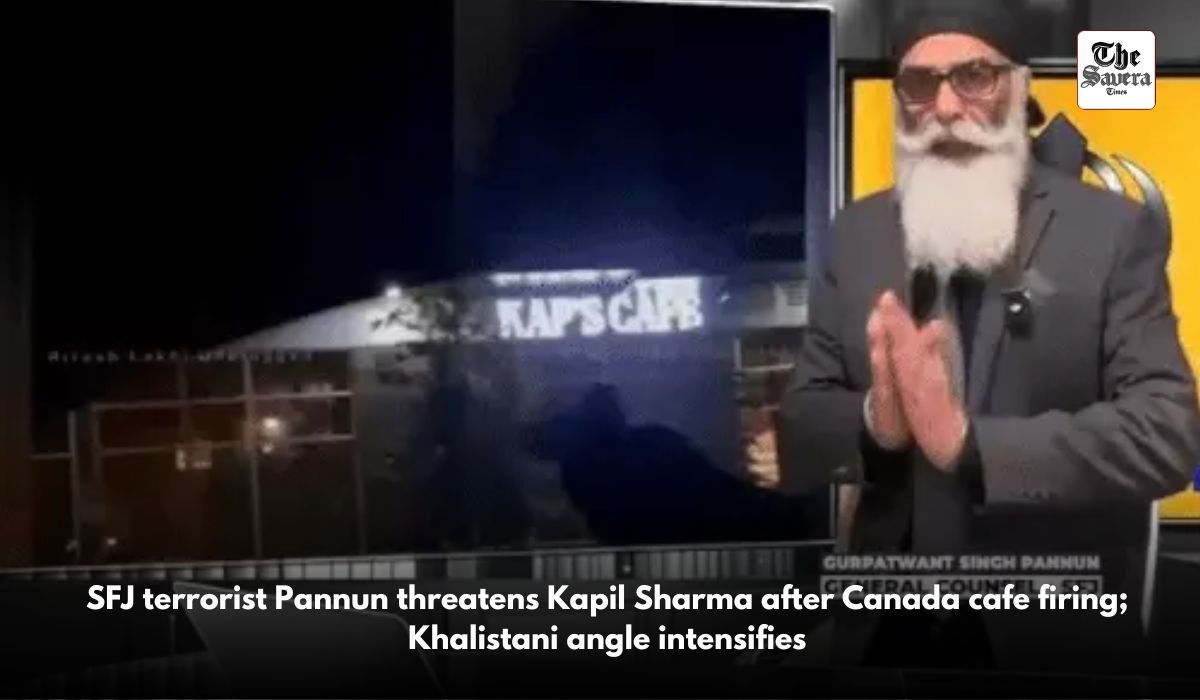New York: US President Donald Trump highlighted India’s voter identification system as an example of election integrity, contrasting it with the more relaxed voter ID policies in the US. Trump referenced India’s practice of linking voters’ Aadhaar cards with their Election Photo Identification Cards (EPIC), noting that it ties voter identification to a biometric database. In contrast, he pointed out that the US largely depends on self-attestation for citizenship, which he believes weakens election security.
Trump’s recent order mandates that voters in federal elections must prove their citizenship, citing that nations like India have stronger protections in place. India’s Election Commission enforces stringent election laws and rules nationwide, including the requirement to link Aadhaar with EPIC, a process currently being finalized. On the other hand, the US lacks a centralized Election Commission and instead relies on state and local authorities to manage elections, resulting in inconsistencies across the country. Some US states have no photo voter IDs, and California even prohibits asking for voter identification.
Trump’s order faces potential legal challenges, as election oversight is largely a state responsibility under the US Constitution. While Democrats argue that strict ID requirements could disenfranchise low-income voters, Republicans contend that lax ID rules contribute to election fraud. The order also seeks to tighten rules on postal voting, which Trump has criticized following his loss in the 2020 election.
Trump also compared the US election system to those in other countries, noting that Germany and Canada require paper ballots counted by local officials to reduce disputes. He criticized the US for allowing mass mail-in voting, with some ballots being accepted late or without postmarks. He mentioned Brazil’s requirement to link biometric IDs with voter IDs as another example of stringent election protocols.






